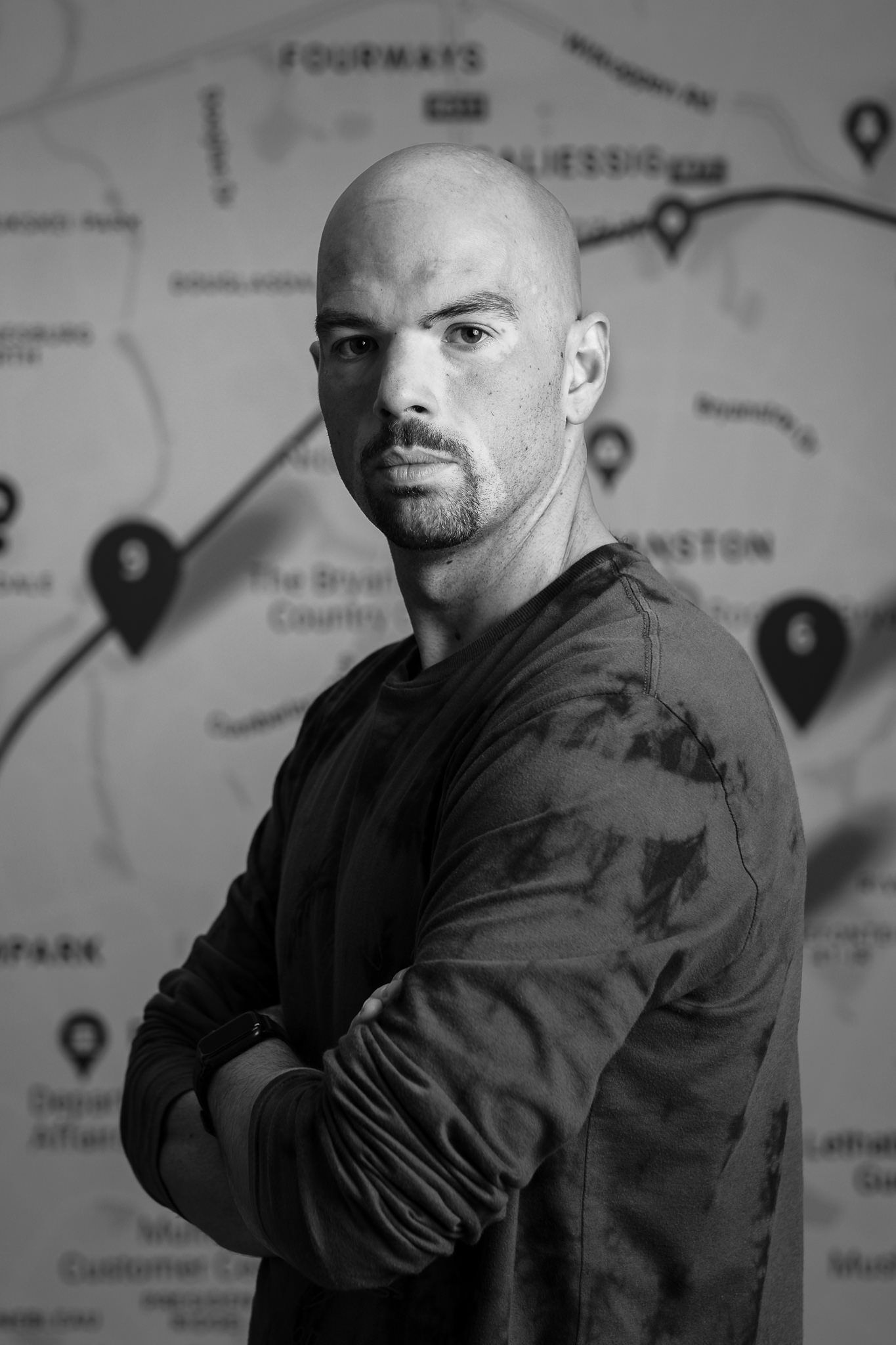Why Senior Engineers Don’t Need All the Answers
 Reme Le Hane
Reme Le Hane
There's this quiet myth in engineering that once you hit “senior,” you'll just know. You'll have all the answers, solve problems on the fly, and be the go-to for anything and everything.
But here's the truth I've come to learn: I often prefer not to know.
And honestly, I think that's part of why I landed the job I have today.
During my technical interview, I hit a question I didn't quite have the answer to. Or maybe I did, somewhere buried in memory, but it didn't feel familiar enough to stand by. So I said what I genuinely felt: “I don't know.” I took a guess, made it clear that it was a guess, and when it turned out to be wrong, I followed up with curiosity: “So what's the actual answer?” That moment, I believe, said more about how I work than any correct response could have.
Over the years, I've come to value not knowing as a strength. Experience doesn't mean you know everything - it means you've learned how to navigate what you don't. And often, the best ideas, the biggest breakthroughs, and the real “senior” moments come not from brilliance, but from perspective.
That's why I deeply believe there's no such thing as a stupid question. Some of the most “out there” suggestions have changed the entire trajectory of a project or exposed blind spots no one else saw. A half-baked idea can be the thing that nudges a good solution into a great one.
I was lucky early in my career to work with leaders who reinforced this mindset. One of the best mentors I've had was obsessed with improvement. I'd complete a task, call him over, and the conversation wasn't “is it done?” It was: “how can we make it better?” That set a tone I still carry with me - not knowing isn't a failure, it's an invitation to explore.
There's this quiet shift I've noticed that separates junior and intermediate engineers from senior and beyond. It's not the depth of knowledge, it's the comfort with not knowing. The humility to admit it. The willingness to figure it out with others.
I don't recall explicitly mentoring someone on this, but I do talk about it. Just recently, a new team member shared their fear of sounding stupid. I reassured them that if they had a “stupid” question, it might be the best one we hear all day. I try to live that out too - I'll pitch an idea in a team session, then immediately be the first to tear it down. Because being wrong is fine. Ideas don't have egos. If it's a good idea, it'll hold. If not, we move on better informed.
When it comes to giving answers, I try not to - at least not right away. I'll usually ask questions, try to guide a bit. That won't work for everyone, but personally, I learn better when nudged than when told. It just sticks more. There's something powerful in discovering a solution for yourself - you learn more, and you remember more. It becomes your insight, not just someone else's instruction.
Being senior isn't about knowing everything. It's about knowing how to navigate what you don't.
Next time: The Tradeoffs of Technical Ownership
Subscribe to my newsletter
Read articles from Reme Le Hane directly inside your inbox. Subscribe to the newsletter, and don't miss out.
Written by
